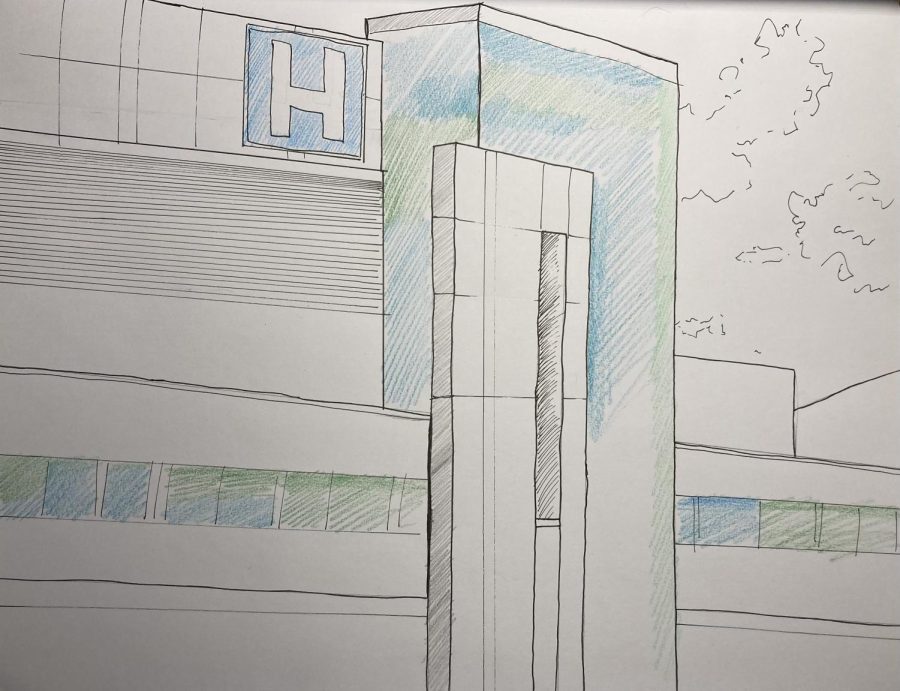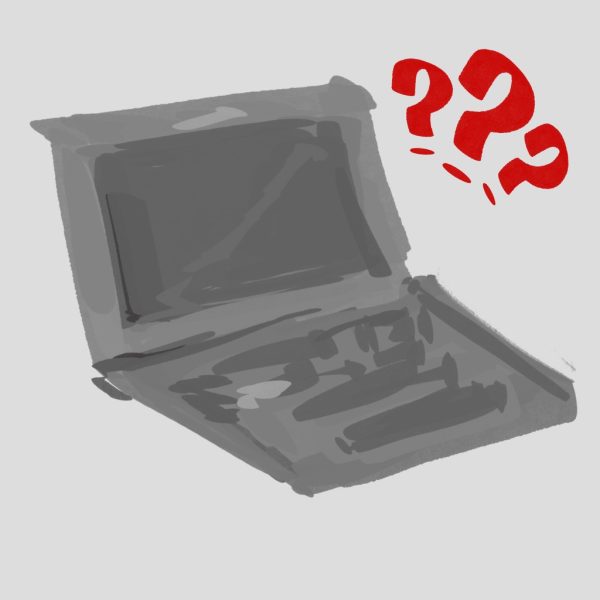The Healthcare Industry is Dying, and It’s Society’s Fault
Winter arrived, and with it came the latest COVID-19 surge. As the positivity rate across the country increased, chaos arose. Fear, imprinted in the minds of many, took over as people flooded into the hospitals. With limited tests, urgent-care closures, and the new variant running rampant in households, many sought help in emergency rooms across the country. However, what many do not realize is that the tests were not available, medicine was scarce, healthcare workers were sick, and emergency rooms were full.
Throughout the pandemic, the healthcare industry has been struggling at the hands of society. The most recent COVID surge has proven that self-interest and fear has taken over the minds of many, leaving healthcare workers to blindly try to hold themselves together in the eye of the storm.
When the pandemic started in the U.S. in March of 2020, immediate action was taken to keep the hospital systems from collapsing. Recently, many have forgotten the importance of social distancing, mask mandates, and vaccinations, which, if followed, can keep people out of the hospital. The Omicron variant has run through communities, and while many say the variant is nothing more than a cold, hospitalizations increased dramatically following its spread.
Northwell Health pharmacist Albert Bergagnini said that hospitals are “booming,” but not solely due to COVID complications. “Our hospital has been packed with an unnecessary amount of patients flooding the ER,” Bergagnini said. “The fear has definitely resonated with people, but COVID isn’t the only medical emergency. Many who are not there for COVID purposes are being forced to wait hours to be seen, and in medicine, time is not a good thing.”
Without an inside view into the state of healthcare today, many are unaware of the damage being done in emergency rooms across the country. Senior Ronan Mansfield recently went to the emergency room for a non-COVID-related reason, which he said was a terrifying experience. “Being in the hospital was definitely scary, and not for all the normal reasons a hospital would be scary. I waited over six hours, in pain and worry. Nurses and doctors swarmed the floor covered head to toe in protective gear as more and more people were filing into the ER. I was nervous I wasn’t going to be seen by anyone. I couldn’t imagine taking anyone with an urgent medical issue to the emergency room with the current COVID surge,” Mansfield said.
Looking back on the past two years, all the precautions, cancellations, and mandates have been to protect the healthcare industry from collapsing. Such a collapse could lead to a shortage of medicine, absence of healthcare workers, and the inability of patients to be seen in a state of emergency.
“We must all do our part,” said senior Emmie Paladino. “By staying up to date with COVID procedures, wearing masks, getting vaccinated, and remaining educated on current health guidelines, we can all do our part to lessen the burden on our healthcare workers.”
Fear of the unknown must not prevail over faith in today’s healthcare system. Frontline workers have been doing their part for the entirety of the pandemic to provide care for all those in need. It is time for society to do its part to protect those who vowed to protect them, and with it, the future of the healthcare industry.

I am a part of the Class of 2022. I am a news online editor and a managing print editor for the features section of Horizon. I am an avid reader and writer.


















